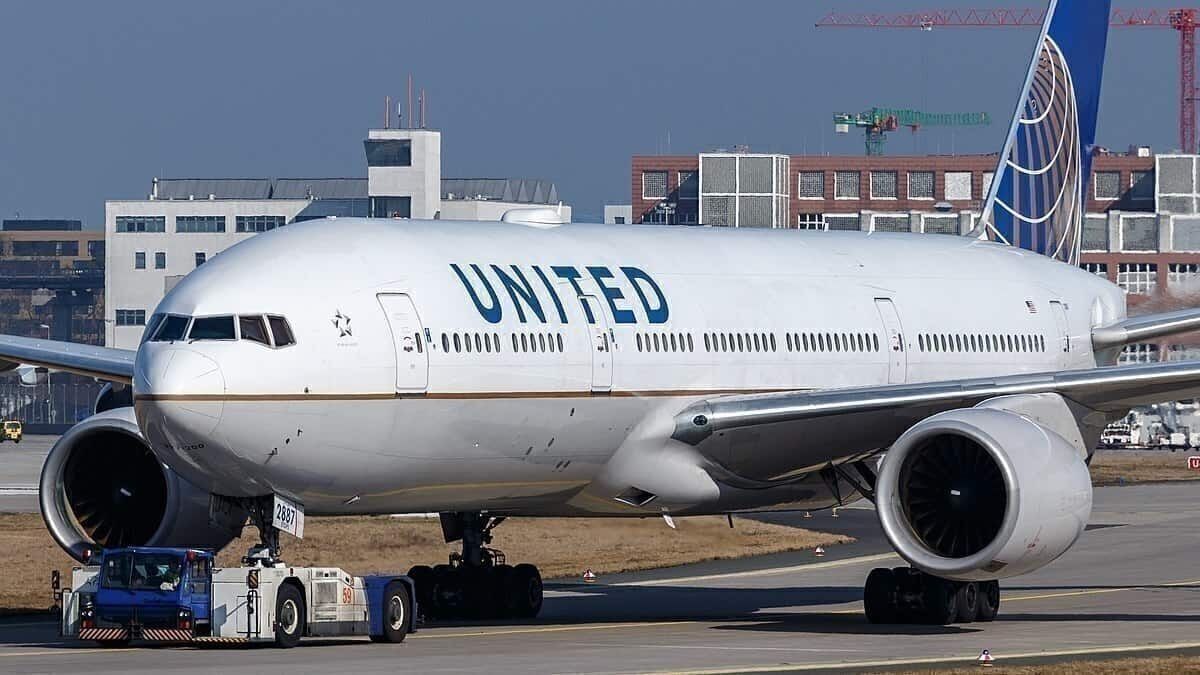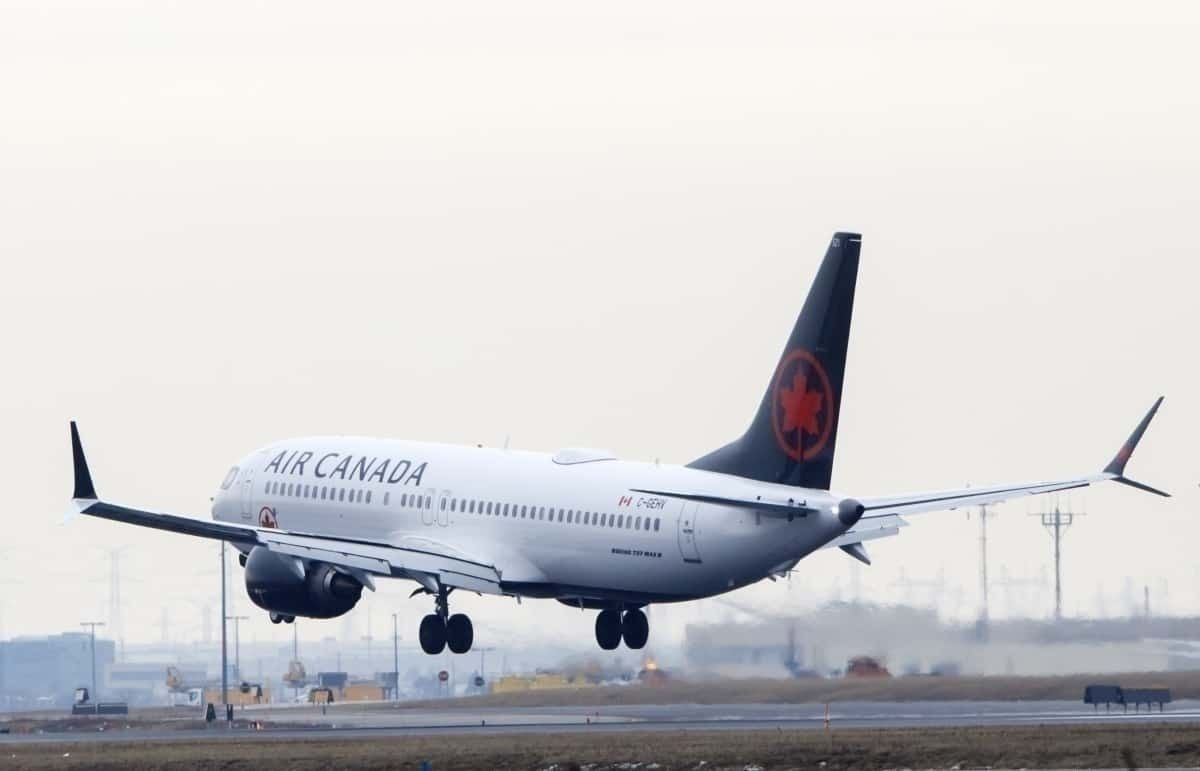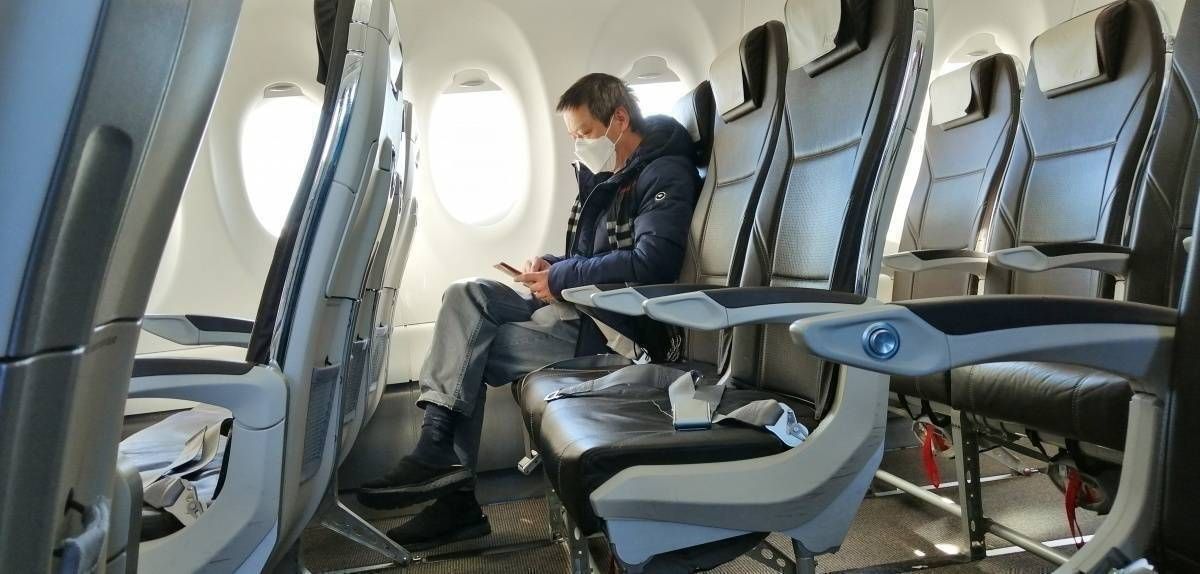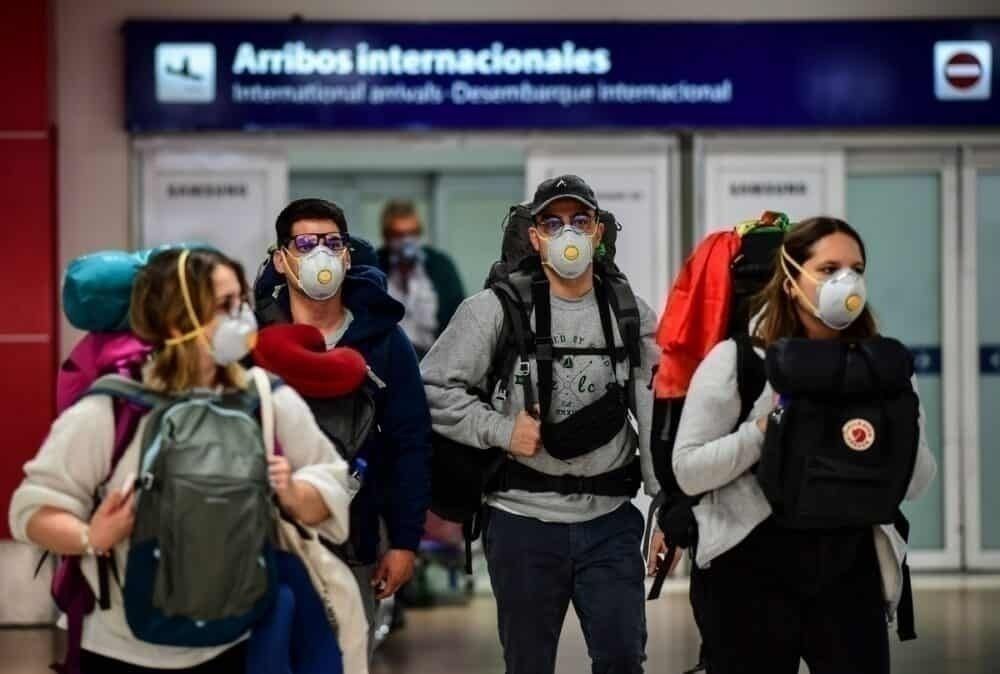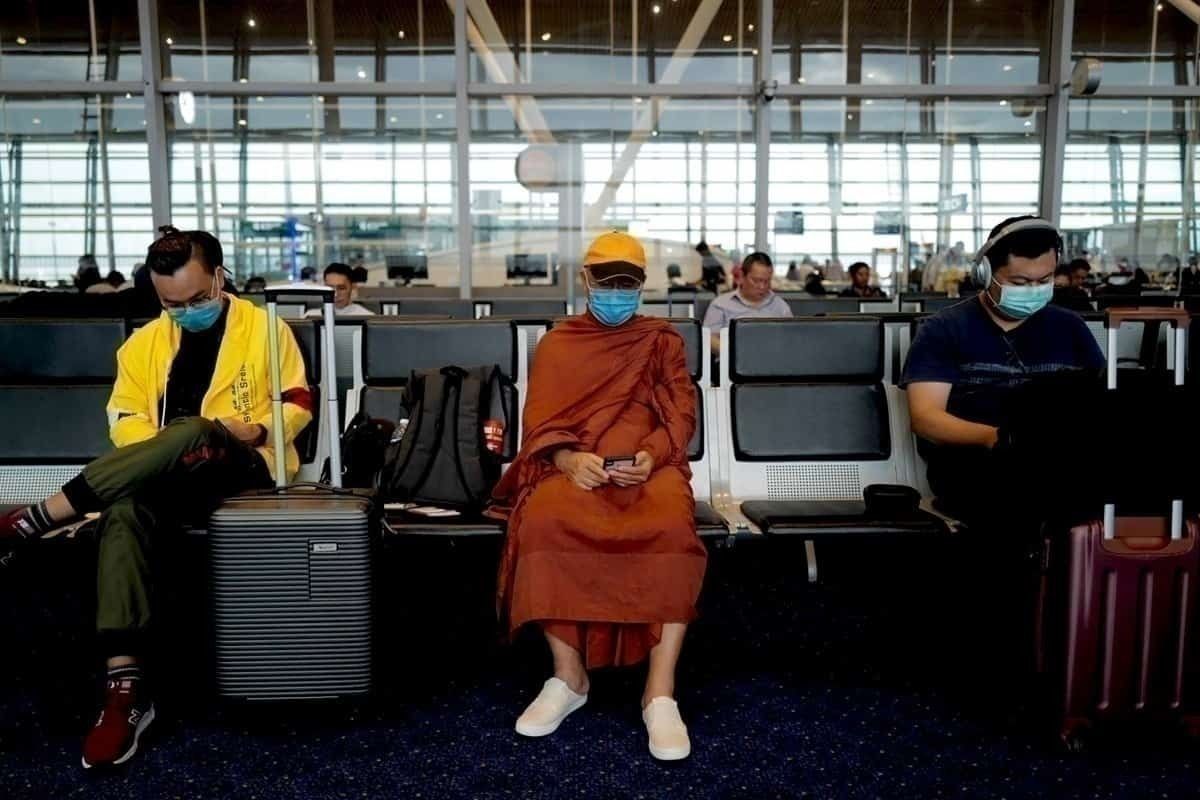Face masks or gloves? Social distancing or herd immunity? There has been no shortage of debates about how best to tackle the coronavirus crisis. When it comes to face masks, some say they are effective while others reject their efficacy. However, recently there has been even more talk about face masks being a compulsory requirement when the lockdown is lifted and when people become more mobile. Should face masks be mandatory on flights? We take a look.
Different countries adopt different measures
Over recent weeks and months, there has been significant debate as to whether face masks are effective at combatting the coronavirus. While research has been conducted, there is no one-size-fits-all solution yet.
For this reason, countries and their airlines have been taking matters into their own hands. United Airlines also now requires all its flight attendants to wear surgical face masks while working. Canada has also made it mandatory for all flying passengers to wear face masks to prevent the spread of the virus. However, it says it will not provide customers with masks. Instead, passengers must come prepared with their own protective masks.
"It is the customers’ responsibility to bring the proper face covering with them. Air Canada will not distribute masks to customers in order to ensure that critical medical masks are reserved for frontline workers. The coverings do not need to be medical masks - any face-covering, including a scarf or similar item, is acceptable." - Air Canada statement
It seems that there are as many in support of face masks as there are in opposition to them. Are they effective? What's the alternative? And, who's right?
Our take: face masks SHOULD be mandatory
There are several good reasons for the use of face masks. The guiding principle for many organizations who think they should be a requirement is that they do control the spread of the virus. You need the correct mask: one that's tight-fitting to prevent moisture leakage and which filters out a high percentage of small particles.
The World Health Organization, however, claims that face masks are not essential for all people. It says you only need to wear a mask if you're coughing and sneezing or if you're a healthy person looking after someone infected with COVID-19. However, these claims have been refuted by the US and EU who encourage the use of masks. This is especially relevant in light of our knowledge of asymptomatic transmission. So, how does this apply to airlines?
Whatever mask a coughing or sneezing passenger is wearing, a protective barrier will prevent the particles from spreading as far as they usually would, if at all.
For airlines, there is also an advantage in promoting the usage of face masks. Boarding a plane right now with no protection is a worrying prospect for some. The fact that airlines mandate the wearing of face masks could instill confidence in those passengers. As a result, airlines could garner additional ticket sales from passengers making essential trips at this time. In the future, it could also prompt a swift recovery of the airline travel industry.
Face masks are not necessary
Despite that, airlines are already quite adept at creating a safe in-flight experience with minimal bacterial and viral transmission. Most modern aircraft have HEPA filters that remove excess moisture, dust, and bacteria. These air filters and frequent air exchange within the cabin removes 99.7% of particulates from the air. Accordingly, the air is already pretty safe. That said, airlines and individuals certainly can't be faulted for wanting to protect themselves from that extra 0.3%.
Another disadvantage for airlines making facemasks mandatory at this time is that there is already a shortage of face masks. That means key workers and health professionals are not even receiving the correct equipment to protect themselves. For the time being, giving out face masks only to those who need it would be a better division of resources.
However, that doesn't mean that airlines should not exercise any precautions. Social distancing reduces the risk of contamination from infected bacteria. Face masks do not replace the need for social distancing, and this solution on its own can be effective.
Conclusion
Personally, I believe that face masks should be mandatory on flights for the simple reason that something, in this case, is better than nothing. It will not always be possible to adequately social distance on an aircraft, and the more precautions we take, the sooner we can flatten the coronavirus curve.
That said, face masks should not be a replacement for social distancing, and this should still be a priority. As for which face masks should be worn, obviously the higher quality the filter, the more effective. Yet, how we supply everyone with these high-quality face masks is still a problem.
Do you agree with our assessment? Have your say in the comments.

